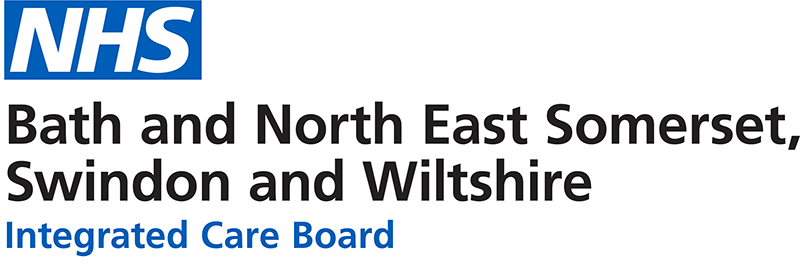International Women’s Day
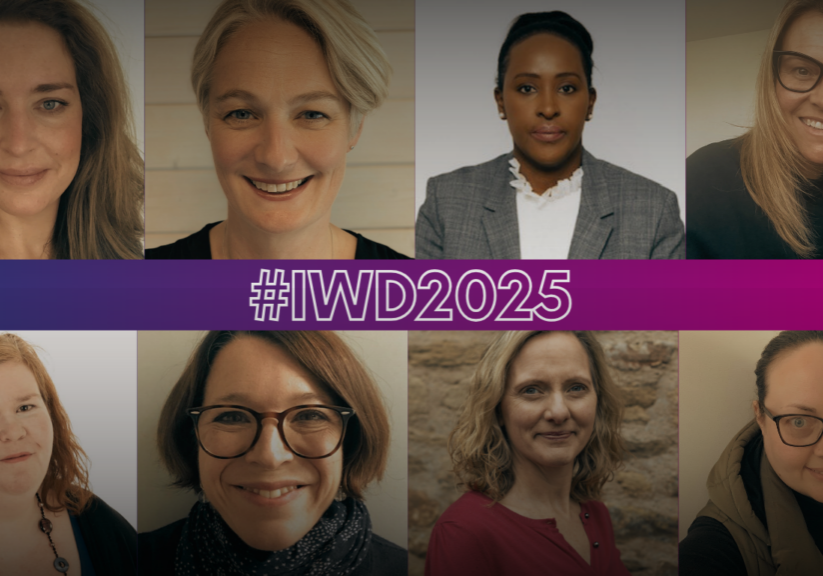
International Women’s Day takes place on March 8.
This year’s theme is ‘Accelerate Action’. At the current rate of progress, it will take until 2158, which is roughly five generations from now, to reach full gender parity, according to data from the World Economic Forum.
BSW ICB are part of this journey, striving to #AccelerateAction for gender parity by recruiting talent and encouraging leadership within our organisation.

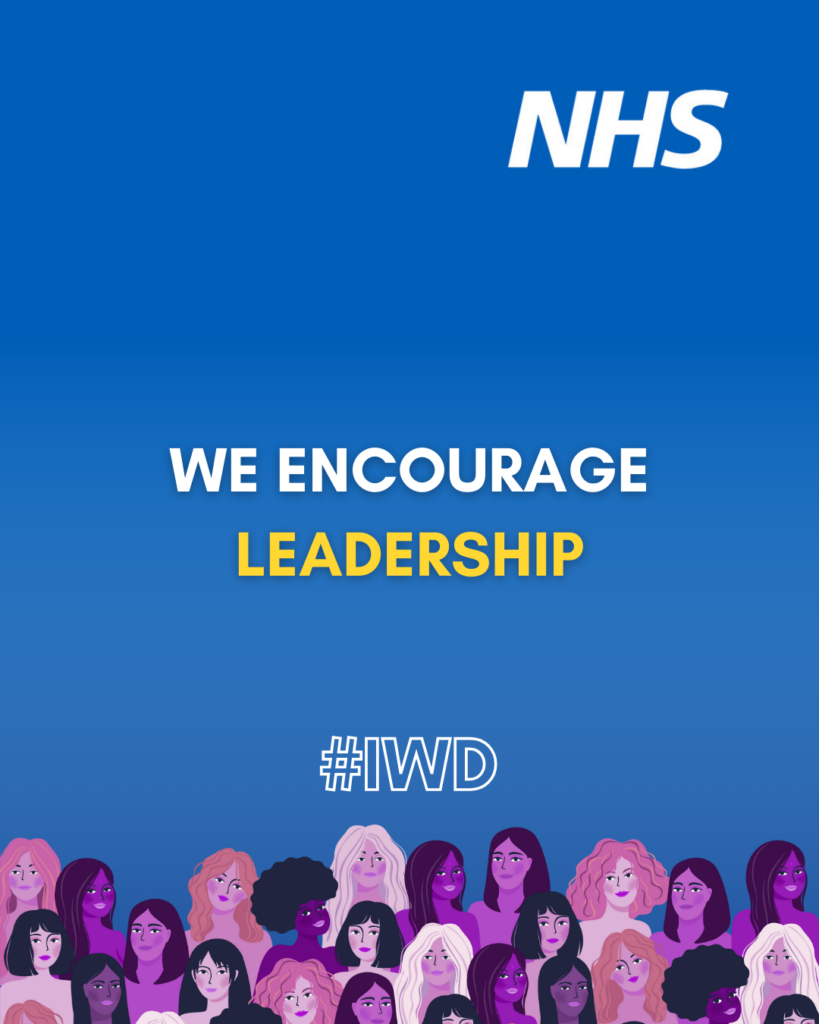

We are #AcceleratingAction for gender parity by recruiting talent and encouraging leadership.



Three-quarters (75.7%) of NHS staff are female. The NHS is supported by the incredible efforts of its staff, the vast majority of which are women. These are women improving not just women’s health issues, but the entire county’s health.
Women make up:
•77% of 189,089 scientific, therapeutic and technical staff
•88% of nurses and health visitors
•99.5% of midwives
•62% of 27,578 managers
•5,000 (5292) new female doctors hired in the last year
•76% of 1.4 million NHS staff
We champion women and girls to make informed decisions about healthcare.
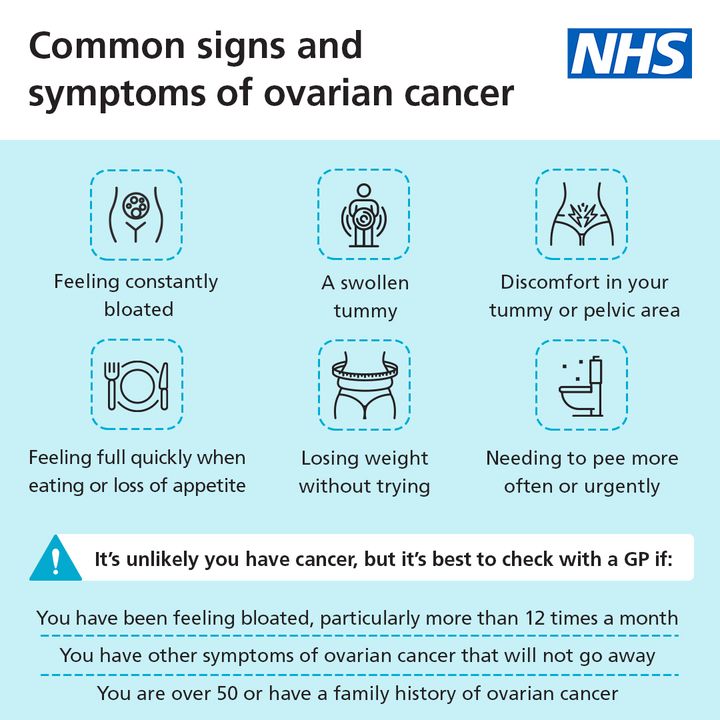
Ovarian cancer affects the ovaries and it mostly affects women over the age of 50.
Symptoms of ovarian cancer can be caused by lots of things, which can make it hard to diagnose. The symptoms of ovarian cancer, such as bloating, are not always obvious.
It’s important to get any symptoms of ovarian cancer checked as soon as possible. Finding it early can mean it’s more treatable.
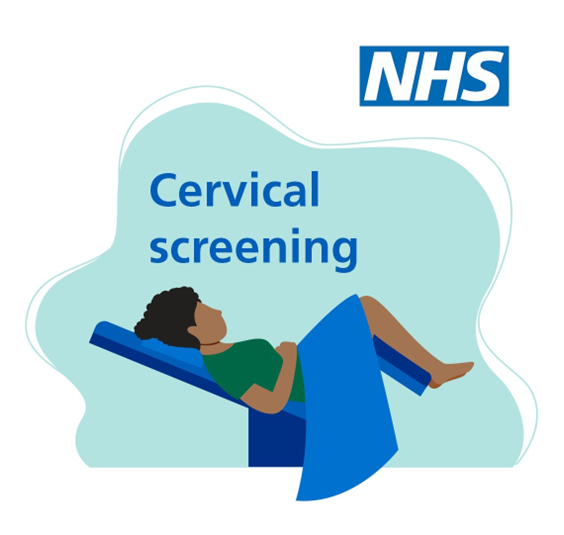
There are around 2,700 cases of cervical cancer diagnosed in England every year.
The HPV vaccination, cervical screening and treatment for cell changes can all help prevent cervical cancer.
High-risk HPV DNA is found in over 99% of all cervical cancers. Cervical screening checks for these types of the HPV virus which can cause cell changes.
Even if you’ve had a HPV vaccination it’s important that you attend your cervical screening appointment when invited because the HPV vaccine doesn’t protect against all strains of HPV.
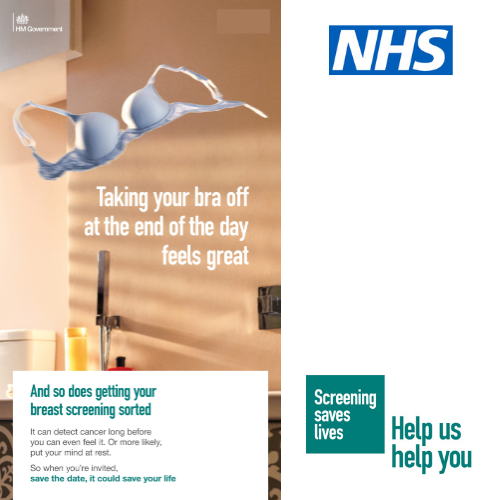
Breast cancer is the most common type of cancer in women in England, the chance of getting breast cancer increases as you get older.
Regular breast screening is one of the best ways to spot a cancer that is too small to feel or see yourself – it saves around 1,300 lives each year in the UK.
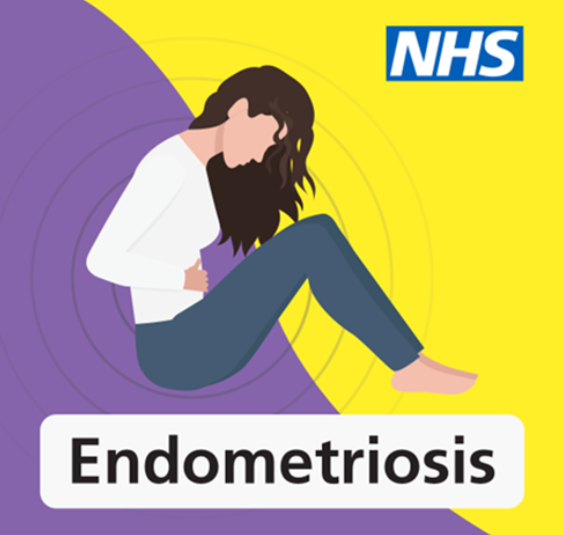
Endometriosis is a condition where tissue similar to the lining of the womb grows in other places in the body, such as your ovaries and fallopian tubes. It may also grow elsewhere, such as on your bowels or bladder.
If you have symptoms of endometriosis, you may be referred to a gynaecologist who may recommend surgery to remove the endometriosis tissue. It is not a cure for endometriosis – but a treatment option to ease your symptoms.
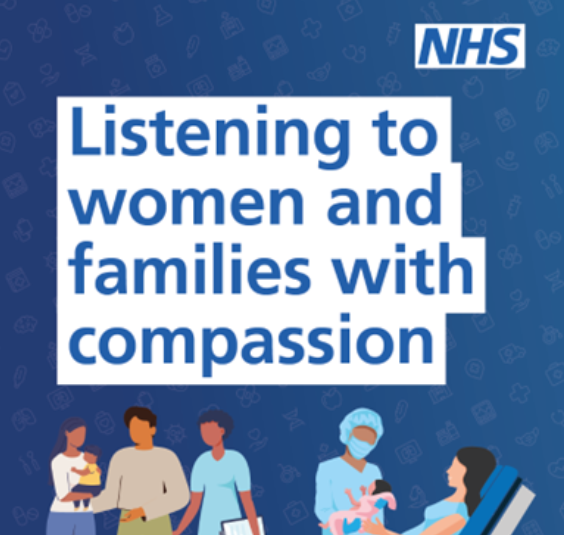
In maternity and neonatal care, we aim to make care safer, more personalised, and more equitable for women, babies and families through our Three Year Delivery Plan for maternity and neonatal services.
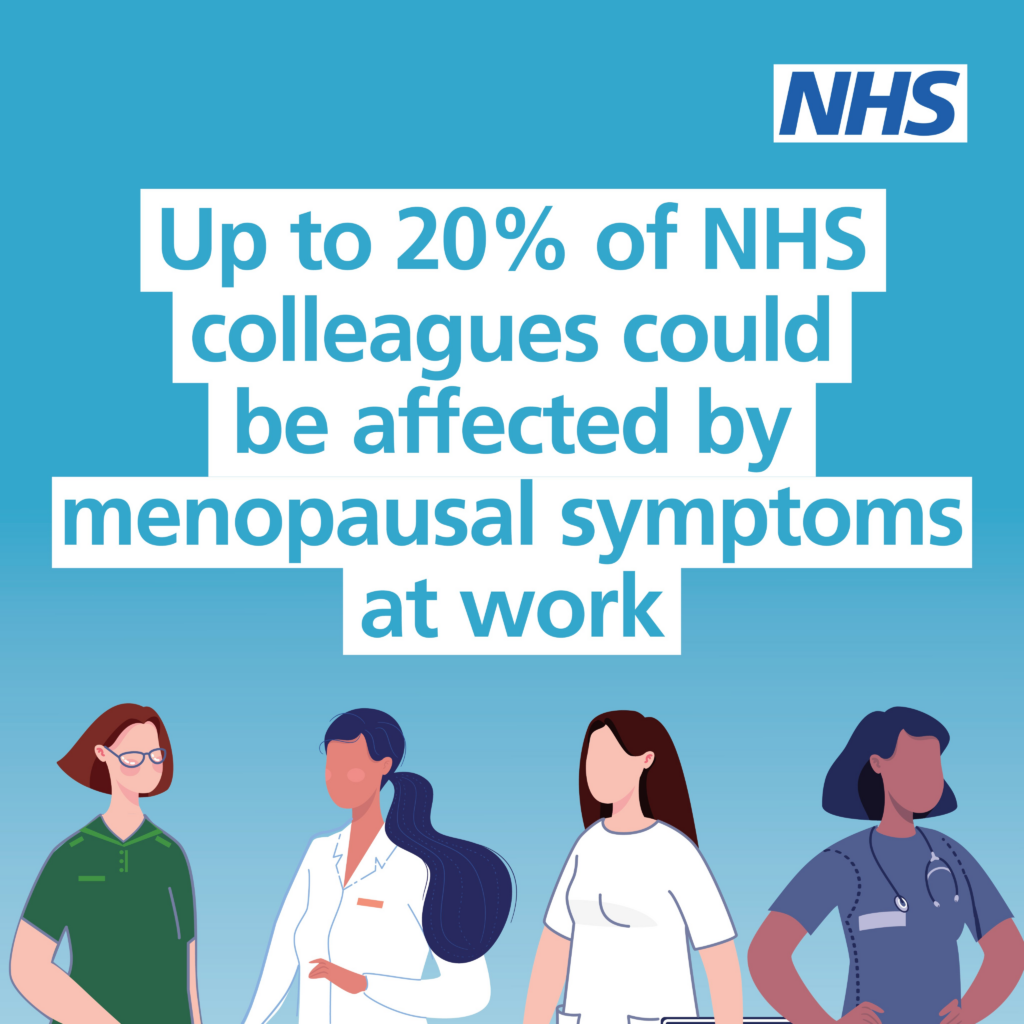
Women between the ages of 45 and 54 alone make up a fifth of all NHS employees, and six out of every ten women experiencing menopausal symptoms say it has a negative impact on their work.
The NHS is pioneering the work to support all those facing menopause.
We published the first national guidance for line managers on supporting colleagues experiencing the menopause, which was developed to help staff stay and thrive through all stages of their career.
This is not just a matter of respect for our staff, but an investment in our workforce, future sustainability, and the quality of patient care.
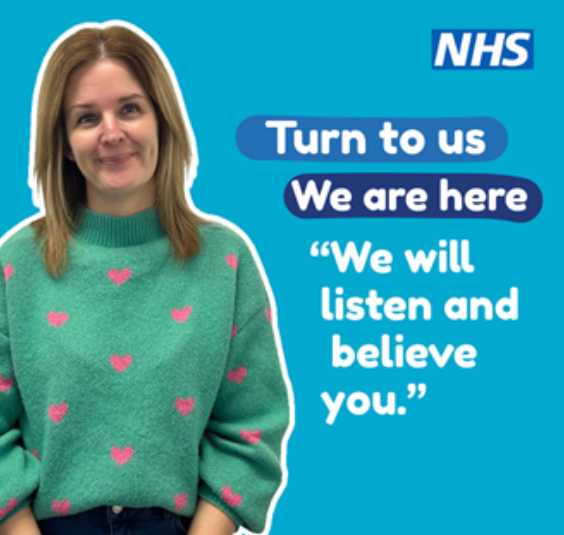
In September 2023, NHS England launched the first-ever sexual safety charter in collaboration with key partners across the healthcare system.
We have a zero-tolerance approach to sexual misconduct and it is key that this is the case across the health sector, so we are encouraging all healthcare organisations to sign up to the sexual safety charter.
Sexual assault referral centres (SARC’s) offer medical, practical and emotional support to anyone who has been raped sexually assaulted or abused. They have specially trained doctors, nurses and support workers who provide a safe space and dedicated care.
